|
|
|
Editor's note
|
|
With several weeks of lockdown now under many people’s belts in different countries, social scientists are beginning to produce some fascinating findings based on surveys of the very people experiencing this strange situation – the general public. A team at King’s College London has identified three different types of lockdown personality – the accepting, the suffering and the resisting. Faced with the same rules and information, some of us lose sleep and experience anxiety, while others seem more able to take it in their stride. A smaller group, however, will aim to carry on with their lives regardless. The researchers have dug into how these groups intersect with age, gender and
political leaning and shed light on what’s happening under the surface. And in today’s episode of The Conversation Africa’s podcast Pasha, Kevin Behrens and Christopher Wareham take us through the ethics of making tough decisions when there aren’t enough resources to go around.
|
Laura Hood
Politics Editor, Assistant Editor
|

|
|
Top Stories
|
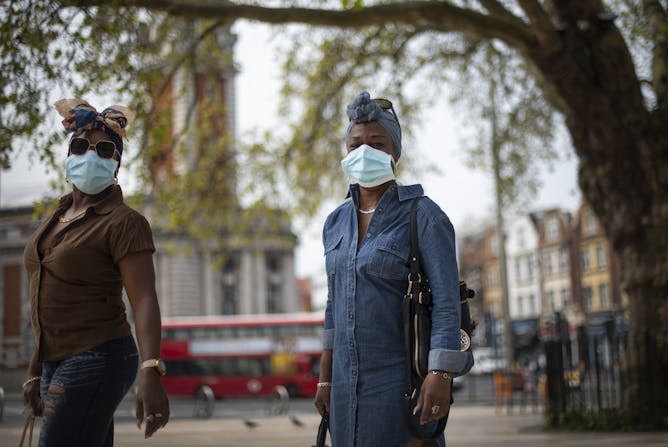
Victoria Jones/PA
Bobby Duffy, King's College London; Daniel Allington, King's College London
Almost everyone agrees with lockdown measures, but their feelings about doing it are very different.
|

shutterstock.
Ozayr Patel, The Conversation
Many ethical decisions will need to be made as patients seek treatment for Covid-19.
|
COVID-19
|

Rachel Morrison, Auckland University of Technology
The open-plan, shared office may be a thing of the past if physical distancing and stricter hygiene become the new normal.
| |
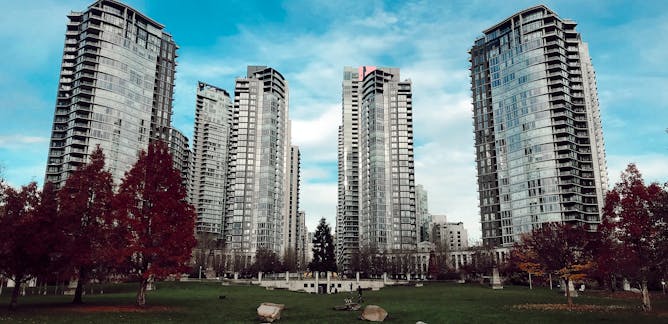
Jill L Grant, Dalhousie University
Cities can learn from past pandemics to see how communities and lifestyles are shaped by outbreaks.
|
|
|
Environment + Energy
|
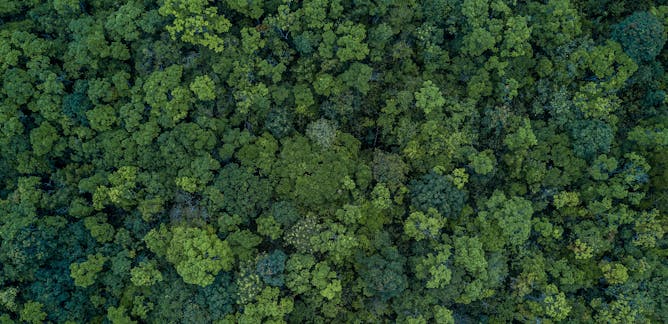
Sebastian Leuzinger, Auckland University of Technology
Plants take carbon from the atmosphere as they grow, but it goes straight back when they die or are harvested. There is an important difference between carbon fluxes and actual carbon sequestration.
| |
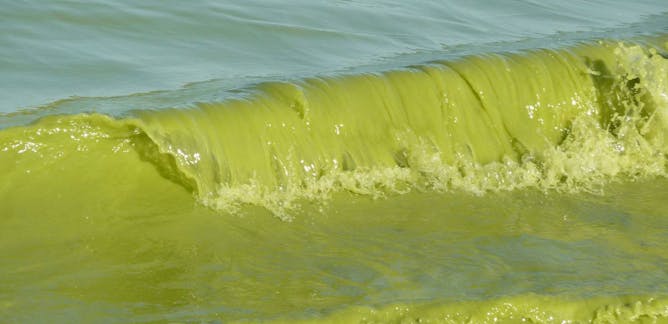
Gabriel Filippelli, IUPUI; Joseph D. Ortiz, Kent State University
Warmer waters, heavier storms and nutrient pollution are a triple threat to Great Lakes cities' drinking water. The solution: Cutting nutrient releases and installing systems to filter runoff.
|
|
|
En español
|

Xavier Ginesta, Universitat de Vic – Universitat Central de Catalunya
Los grandes clubes de fútbol contribuyen a la industria del turismo deportivo en España. Pero la COVID-19 ha cambiado los planes de estas "multinacionales del entretenimiento". Analizamos el caso del Barça.
| |
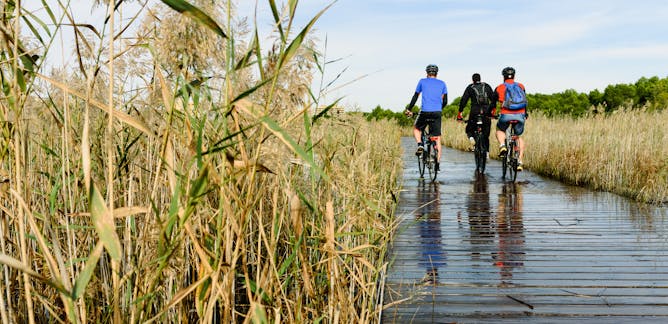
María Jesús Such Devesa, Universidad de Alcalá; Ana B. Ramon Rodriguez, Universidad de Alicante; Patricia Aranda Cuéllar, Universidad de Alcalá
Si hasta la fecha el sector turístico ha sido capaz de sobreponerse con agilidad a las crisis, la severidad que caracteriza a la actual pandemia evidencia otra realidad y la exigencia de pensar en modelos de turismo más locales, sostenibles y menos masificados.
|
|
|
En Français
|

Julien Pillot, INSEEC School of Business & Economics; Anne-Laure Boncori, INSEEC School of Business & Economics; Philippe Naccache, INSEEC School of Business & Economics
Un retour sur les évènements des derniers mois révèle que plusieurs alertes issues de la recherche n’ont pas été intégrées à temps dans l’action gouvernementale.
| |
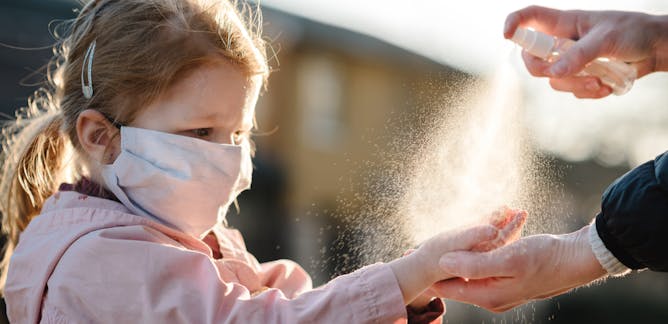
Didier Jourdan, Université Clermont Auvergne
Au-delà des enjeux politiques et sociaux, le retour progressif des élèves en classe, à partir du 11 mai, pose une foule de questions pratiques. Les retours internationaux peuvent aider à y répondre.
|
|
|
| |
| |
| |
| |
| |
| |
|
|
|
|
|
|
|